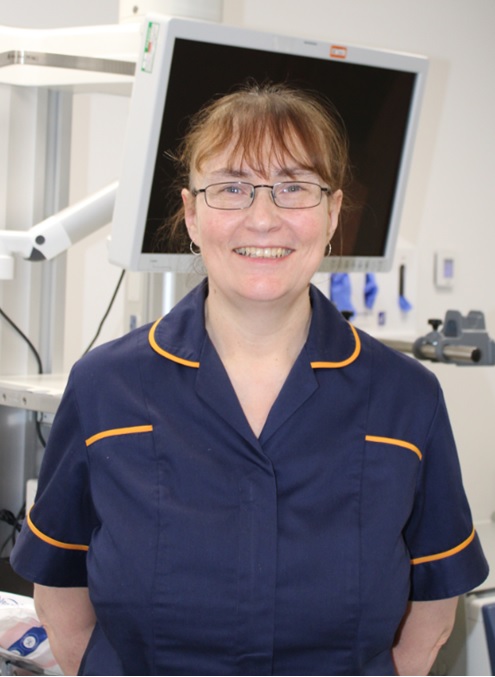“Research should be open to all who want to work in this field.”

Jo Piper is the NIHR Cambridge Clinical Research Facility Manager, located in the Cambridge Clinical Research Centre (CCRC). Based at the heart of the campus, it supports research for the entire Cambridge Biomedical Campus and beyond, conducting ground-breaking research and innovative clinical trials.
Hi Jo, tell us, what is the CRF and what does it do?
The CRF is funded by the NIHR (National Institute for Health Research) to support research in a wide range of clinical conditions in patients and participants of all ages, with state-of-the-art clinical research facilities for world-class research. We have six units dedicated to different research specialities allowing the translation of innovative science into real medicines and treatments for all of us for the future.
You are the manager of the CRF, what does that role involve?
My role is quite broad, I oversee all the clinical research studies conducted in the six units. By working with our three matrons who are responsible for the day-to-day management of staff and studies, I make sure we maintain a high-standard overall for researchers to conduct their trials and for participants taking part.
I also manage the physical buildings which include the maintenance, equipment and facilities to make sure we have the best place to conduct world-leading research.
There is no typical day in this role – the environment of research changes rapidly and with six units to oversee, no day is ever the same. I may come in with an excellent plan of what I want to achieve however, this rarely happens as I need to react to events, requests, any study changes and staffing or building issues.
What has it been like to work through Covid-19 and what have you been working on?
When the Covid-19 pandemic started, our focus switched immediately from running hundreds of research studies to covering UPH (urgent public health) studies, where we quickly set-up and supported vaccine and outreach studies. At the same time, we continued to make sure our ‘never-stop’ trials (e.g. cancer and dementia studies) continued to run safely.
As CRF manager, my role was to focus on the work-load management to best fit the new reality, reviewing trials we could pause and set up new teams to cover the new UPH trials. We also redeployed our staff and our wards to support Addenbrooke’s hospital and testing facilities of our wards. Once this initial work was completed, I managed the vaccine team to deliver UPH vaccine trials within our unit – this entailed establishing a team, training, new ways of working, liaison with other agencies and extreme organisation skills.
This theme for IWD is ‘breaking the bias’, what does this mean to you?
I think this theme is to ensure that we all challenge any ‘biased’ behaviour- everyone should be treated the same free of bias, stereotype or discrimination. Science / research should be open to all who want to work in this field and should not discriminate against anyone.
At the CRF there is a huge number of roles for people from the more obvious roles such as nurses, or doctors, to admin staff, research assistants, dietetics, laboratory staff, calorimetry, facilities management, everyone is welcome here.
Why do you think International Women’s Day is important?
It is a celebration of amazing women throughout history, championing their achievements.
What is it like to work in research at the moment?
It’s very busy but it’s also very exciting, varied and intellectually challenging. Working through Covid-19 has shown how resilient, flexible and dedicated our staff are and that outweighs any negatives.
If you could go back in time, what advice would you give yourself when you were starting your career?
It was a long time ago! I think to get as much experience in various fields as possible and then move into research earlier than I actually did, as it is such an exciting, developing career with huge opportunities.


